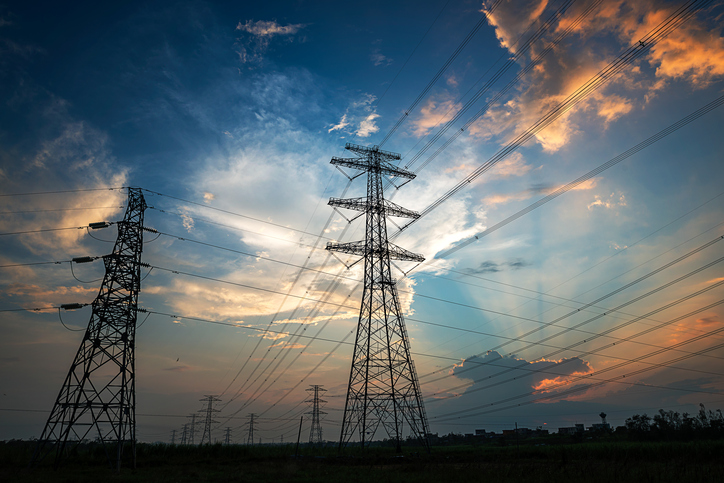New analysis from technology group Wärtsilä has found that flexibility technologies can rapidly increase the share of renewables at a lower overall cost.
If 7GW of flexibility is deployed by 2030, this could save the UK economy between £270 million and £660 million per year, with the first compared to a scenario where only new renewables are added and the latter to a scenario where new nuclear power is deployed alongside new renewables.
This saving is due to the high upfront costs of nuclear and the “substantial market interventions” required for the technology, with Wärtsilä predicting that almost £100 million a year in curtailment costs alone would be created by adding new nuclear to the UK’s generation mix.
These savings would also trickle down to consumers, with £9.81 saved per household a year when compared with renewables only and £24.71 when compared with nuclear and renewables together.
Adding flexibility would also deliver a higher share of renewable generation than could be possible by adding renewables alone, with 72GW of wind and solar added when compared to its renewables only scenario which sees 67GW added split into 40GW of offshore wind – as pledged by the current government – and 7GW of onshore wind and 20GW of solar.
Wärtsilä is therefore calling on European leaders to set targets to achieve 80% renewable energy by 2030, with Ville Rimali, growth and development director at Wärtsilä Energy pointing to how “we know significant developments in electrification are coming”, resulting in a greater need not only for renewables but for balancing of those renewables.
“The UK is at a fork in the road – it can either make decisions that will maintain the current pace of decarbonisation or accelerate a faster green transition and reap the rewards,” Rimali added.






